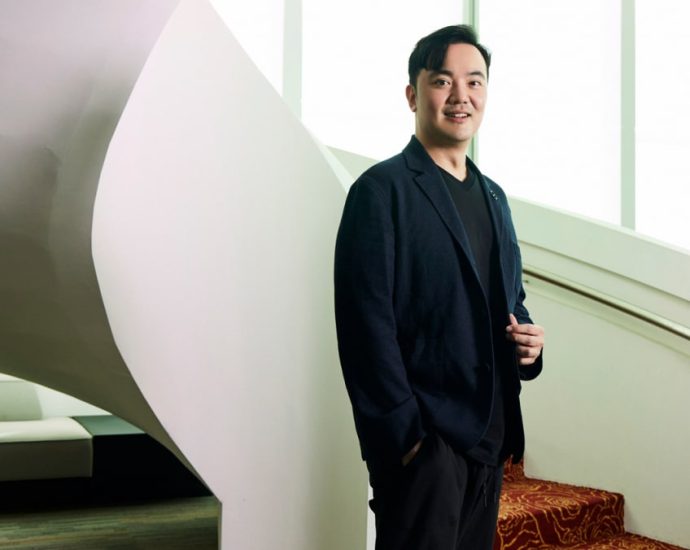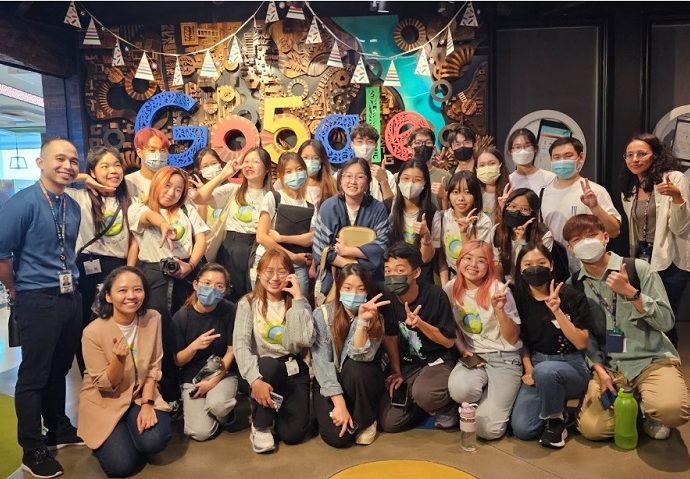Natixis-affiliated Ostrum AM creates new transition department; aims to expand FI offering in Asia | FinanceAsia

Paris-based Ostrum asset management (AM), an affiliate of Natixis Investment Managers, has appointed Nathalie Beauvir to head up its newly created sustainable transitions department.
A spokesperson confirmed to FinanceAsia that Beauvir had been in her new role in Paris since the start of the job transition in May.
The newly established department, according to a July 10 press release, consists of five environmental, social and governance (ESG) experts and two corporate social responsibility (CSR) experts.
They will be responsible for strengthening Ostrum AM’s strategic positioning on ESG; optimising the interdependence of investment policies including exclusion, engagement and voting; and developing offerings with new thematic ranges.
The department reports directly to the firm’s chief executive officer (CEO) office.
CEO Olivier Houix commented in the press release that the team expects Beauvir to establish Ostrum AM as a “committed partner for transitions” for stakeholders, in terms of investment strategies and development financing.
Beauvir was promoted from her previous role as head of sustainable bond analysis and research at Ostrum AM,where she was involved in the launch of the firm’s climate and social impact bond fund.
Asia expansion
The Ostrum AM team currently has five portfolio managers and analysts in the Asia Pacific (Apac) region, led by Rushil Khanna, head of equity investments, within Natixis Investment Managers’ Singapore local operations.
Currently, the team has a specific focus on equity investments, while Ostrum AM also aims to provide fixed income expertise locally in Southeast Asia, with the upcoming arrival of a fixed income portfolio manager, the spokesperson told FA.
Globally, Ostrum AM manages around €40 billion ($43 billion) in green, social and sustainability (GSS) bonds, out of its €402 billion in assets managed for institutional clients as of end-March.
¬ Haymarket Media Limited. All rights reserved.

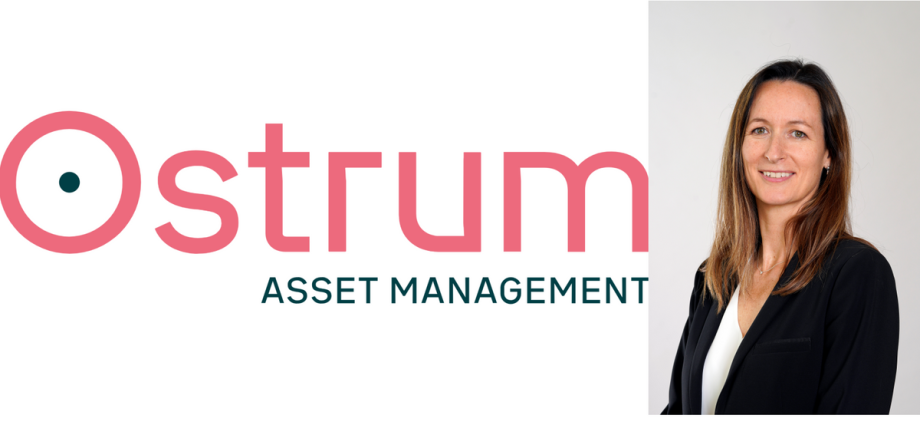
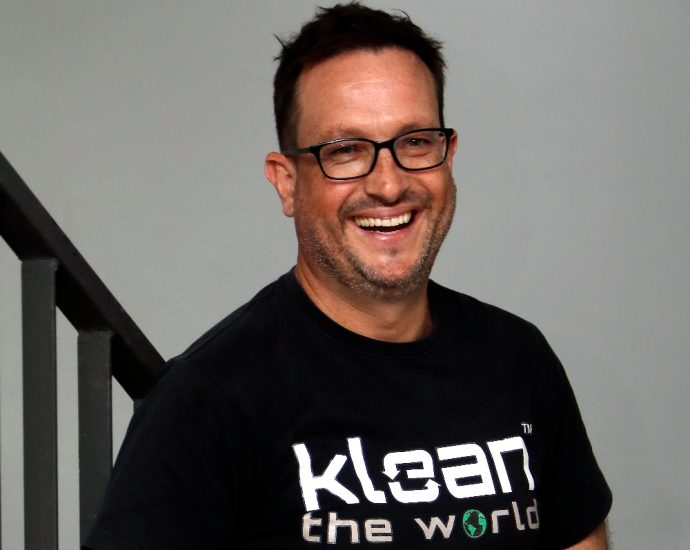


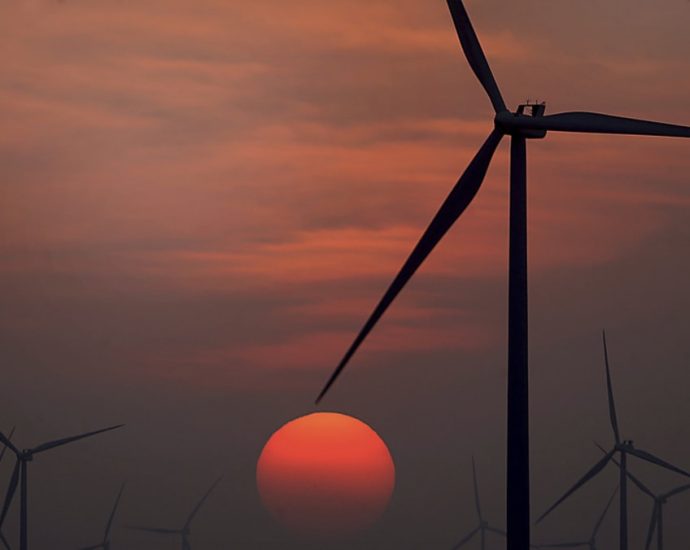
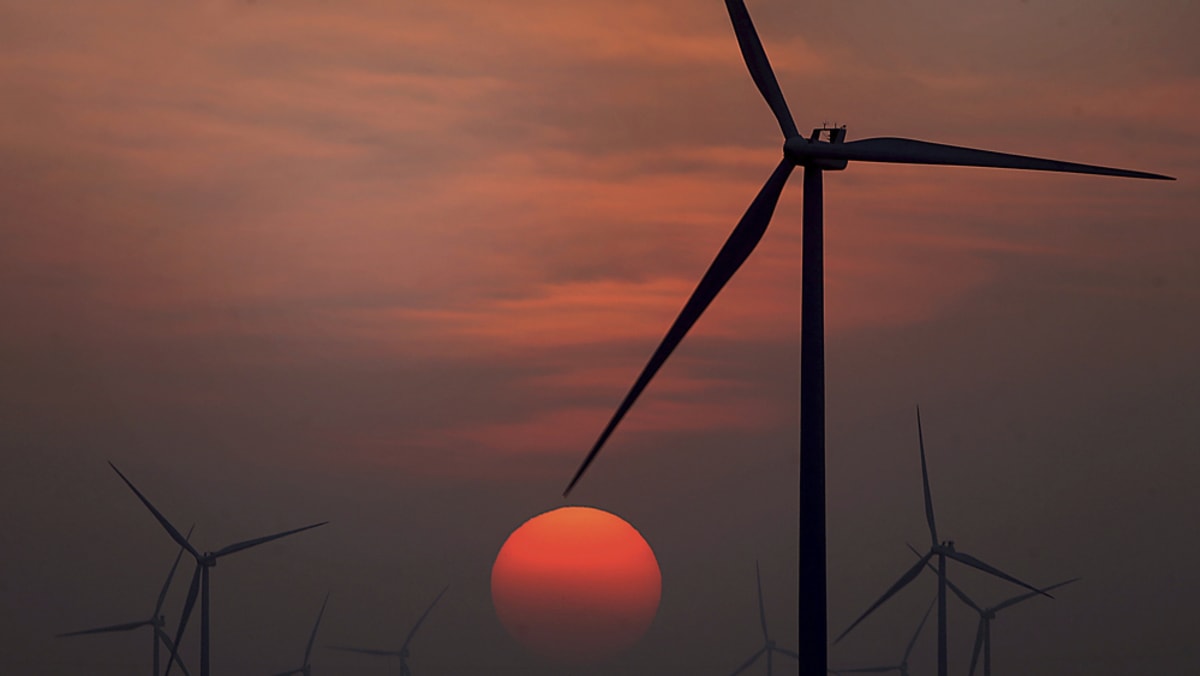
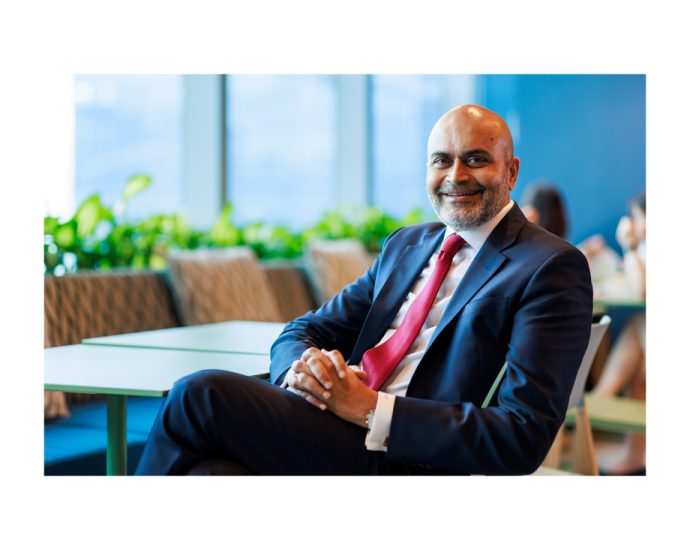
 Additionally, he highlighted the emergence of a circular economy to facilitate long-term sustainability, as being a growing trend: “Look at the battery ecosystem for example, a huge industry is developing around the recycling of batteries – additionally the recycling of solar panels, turbines and so forth is being considered. The recycling industry is becoming larger as ultimately, unless there is a circular economy around it, resources will be wasted. New action is being taken to develop a fully circular product lifecycle.”
Additionally, he highlighted the emergence of a circular economy to facilitate long-term sustainability, as being a growing trend: “Look at the battery ecosystem for example, a huge industry is developing around the recycling of batteries – additionally the recycling of solar panels, turbines and so forth is being considered. The recycling industry is becoming larger as ultimately, unless there is a circular economy around it, resources will be wasted. New action is being taken to develop a fully circular product lifecycle.”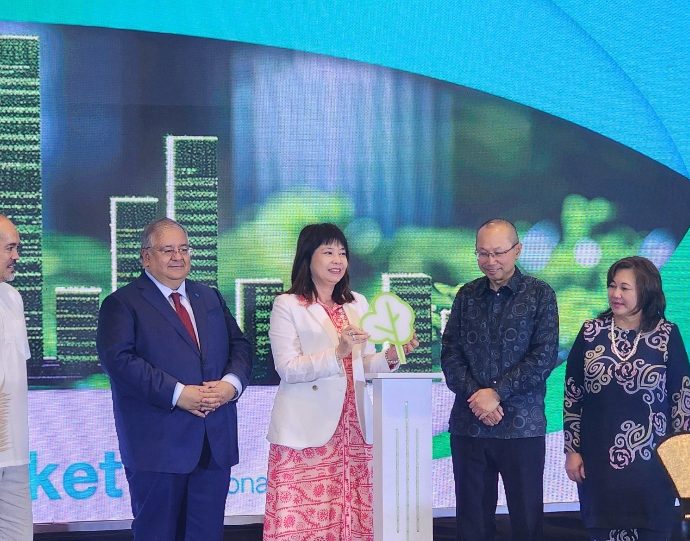

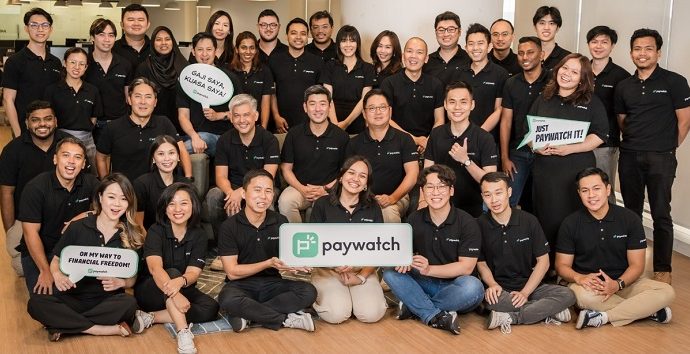

 In the US and Latin America, EWA has become a common employee benefit. And with such great momentum, Paywatch is emerging as the market’s leading change agent in Asia. As markets with different regulations and cultures are increasingly popular, the rapid adoption of earned wage access is a gratifying time, said Michael Kim, General Partner of Third Prime ( pic ).
In the US and Latin America, EWA has become a common employee benefit. And with such great momentum, Paywatch is emerging as the market’s leading change agent in Asia. As markets with different regulations and cultures are increasingly popular, the rapid adoption of earned wage access is a gratifying time, said Michael Kim, General Partner of Third Prime ( pic ).
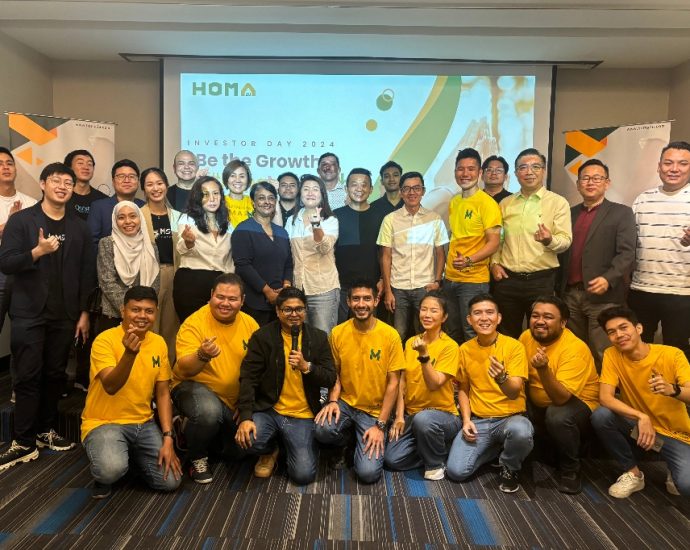
.jpg)



